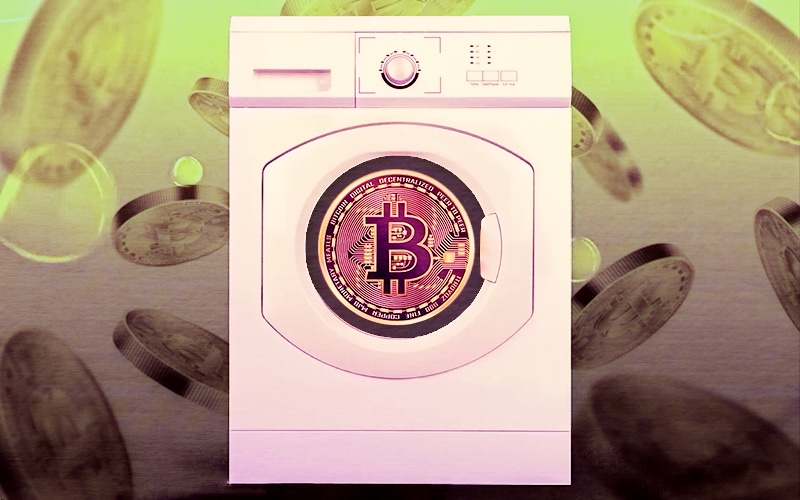According to Reuters, between 2017 and 2021, at least $2.35 billion in illicit funds were laundered using Binance. The allegations also mention the North Korean Lazarus Group stealing virtual currency worth $5.4 million to fund North Korea’s nuclear weapons program.
To track illicit funds on the exchange, Reuters reviewed court records, spoke with law enforcement, and consulted with blockchain analysis firms, Chainalysis and Crystal Blockchain.
According to Reuter’s investigation, Binance processed some $2.35 billion stemming from hacks, investment frauds, and illegal drug transactions. Binance had “weak” anti-money laundering (AML) protections until mid-2021, said Reuters.
Also, Eterbase, a Slovakian crypto exchange, was hacked, with some of the proceeds being laundered through Huobi, a Seychelles-based exchange.
Binance’s ties to the world’s largest darknet drug market, the Russian-language website Hydra, have also come to light. According to the investigation, Hydra used Binance to process $780 million in crypto payments.
Reuters’ results were contested by Binance’s Chief Communications Officer Patrick Hillmann, who stated that Reuters’ calculation was not accurate.
“What’s important to note is not where the funds come from – as crypto deposits cannot be blocked – but what we do after the funds are deposited,” he said.
Lazarus stole almost $600 million from a cryptocurrency-related online game this year. North Korean hackers transferred an undefined amount of funds to Binance, according to Binance CEO CZ.
Also read: USA Blames North Korean Hacker Group Lazarus for Ronin Attack
Binance has identified and frozen more than $5 million linked to the Ronin sidechain hack, according to Hillmann. He also added that the exchange continues to work with law enforcement agencies in the investigation.
Binance is already the subject of various federal investigations, including an SEC investigation for its BNB token.






